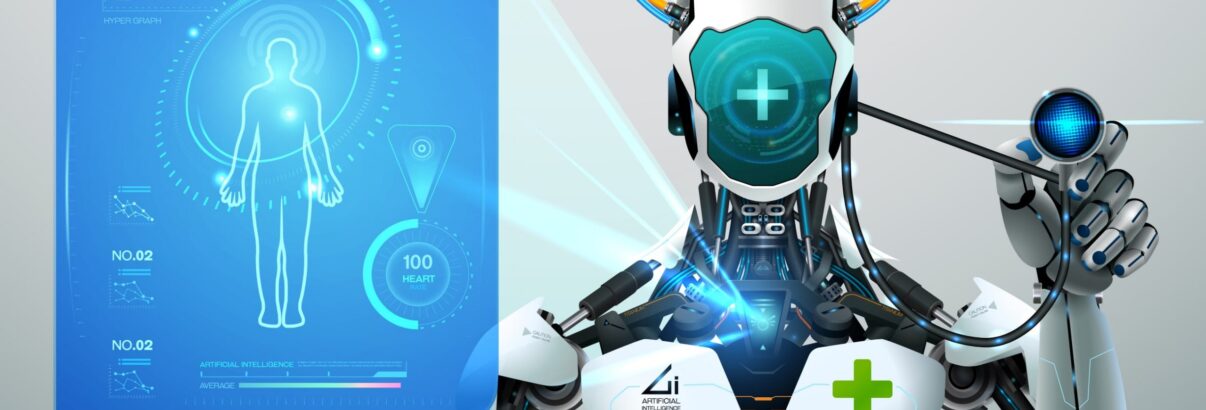Artificial intelligence (AI) has been utilized extensively in diagnosing various medical conditions, including hypertension, Alzheimer’s disease, cancer, stroke, and heart diseases. Nevertheless, substantial efforts are needed to enhance the training of AI-based systems, aiming to improve their accuracy in predicting diagnostic methods for diseases [Kumar et al., 2023].
In a captivating session at the Aspire Leaders Program, an initiative founded by Harvard University Professors; Professor Karim Lakhani, a distinguished expert in technology management and innovation, sparked a thought-provoking discussion on the choice between Artificial Intelligence (AI) and human professionals for medical diagnoses.
As a Pharmacist and tech enthusiast, I found myself intrigued by this debate, prompting me to delve into the opinions of my diverse professional network by taking a poll. Interestingly, the result from this survey conducted revealed a fascinating split – where 50% of respondents preferred AI (represented by a robot) for medical diagnoses, while the other 50% leaned towards human professionals.
Notably, this response division extended across both medical and non-medical professionals, including software engineers and data analysts. Reasons shared during the survey shed light on their nuanced perspectives. According to the “AI (Robot) Advocates”, they explained that “Robots are data-driven, leveraging extensive institutional knowledge acquired over many years”, “Robots offer non-judgmental, swift diagnoses with possible recommendations” and “Your diagnosis will remain between you and the robot”. While the “Human Advocates” maintained that “Empathy and connection are crucial in medical diagnoses”, as “Humans can relate to experiences, see, and feel”. Also, “Humans can consult colleagues for a deeper understanding, unlike a robot programmed for specific tasks”.
Further insightful breakdown of preferences showed that 50% of medical professionals opted for “humans” making diagnosis, emphasizing the importance of care and comfort for patients. Conversely, 50% of non-medical professionals, including software engineers and data analysts, leaned towards artificial intelligence, prioritizing accuracy, confidentiality, and speed in the diagnostic process.
Drawing inferences from these, the divergence in perspectives can easily be attributed to their understanding of what it entails to make a proper medical diagnosis and rooted in the nature of their different professions. Medical professionals prioritize the “human touch”, while tech experts focus on the “efficiency and precision offered by AI”.
As we navigate the future, where AI is poised to play an increasingly significant role, it becomes evident that dialogues and awareness programs to synergise both sides are crucial. Facilitating conversations between medical and non-medical professionals can foster a holistic understanding, and advancements in aligning technology with the human-centric values essential to healthcare. The future is undoubtedly AI-driven, and bridging this gap in understanding will help to shaping a healthcare landscape that combines the best of both worlds.
Reference:
Kumar, Y., Koul, A., Singla, R., & Ijaz, M. F. (2023). Artificial intelligence in disease diagnosis: a systematic literature review, synthesizing framework and future research agenda. Journal of ambient intelligence and humanized computing, 14(7), 8459–8486. https://doi.org/10.1007/s12652-021-03612-z

About Author:
Jimoh Boluwatife, a University of Lagos Pharmacy graduate, serves as the founder and Executive Director of the Mother and Child Health Project. Recognized as a certified Sustainability Leader by United People Global, his fervor for public health drives his mission to cultivate a worldwide community of advocates. With a keen interest in technology, he is not only a passionate tech enthusiast but also a budding data analyst. Boluwatife is dedicated to contributing to the intersection of healthcare, sustainability, and technology.




Discussion1 Comment
Learnt a lot from this article…